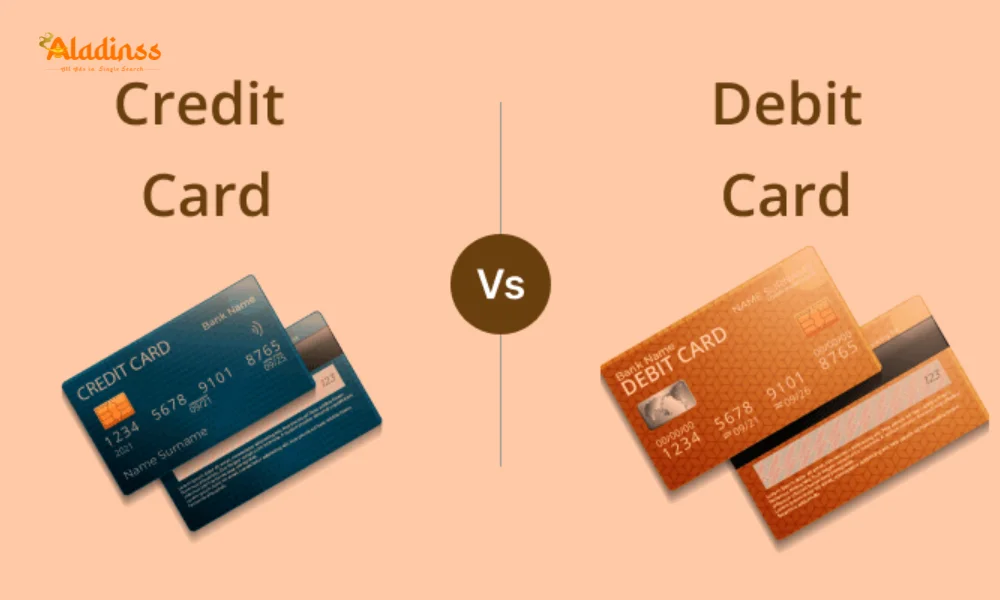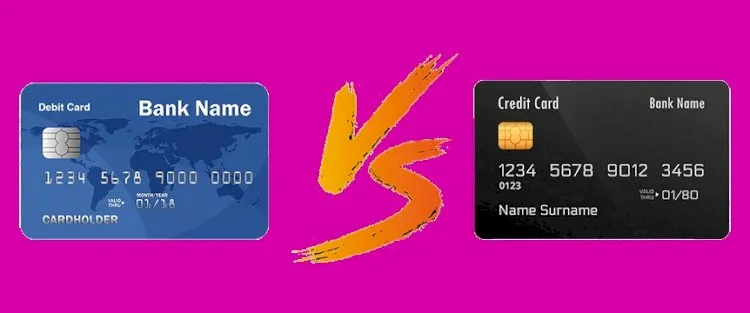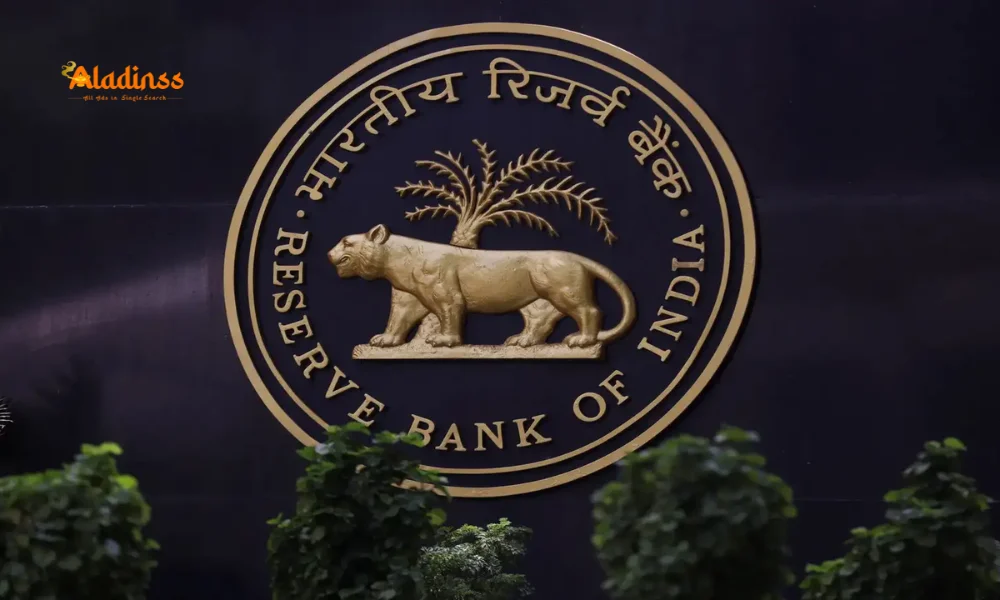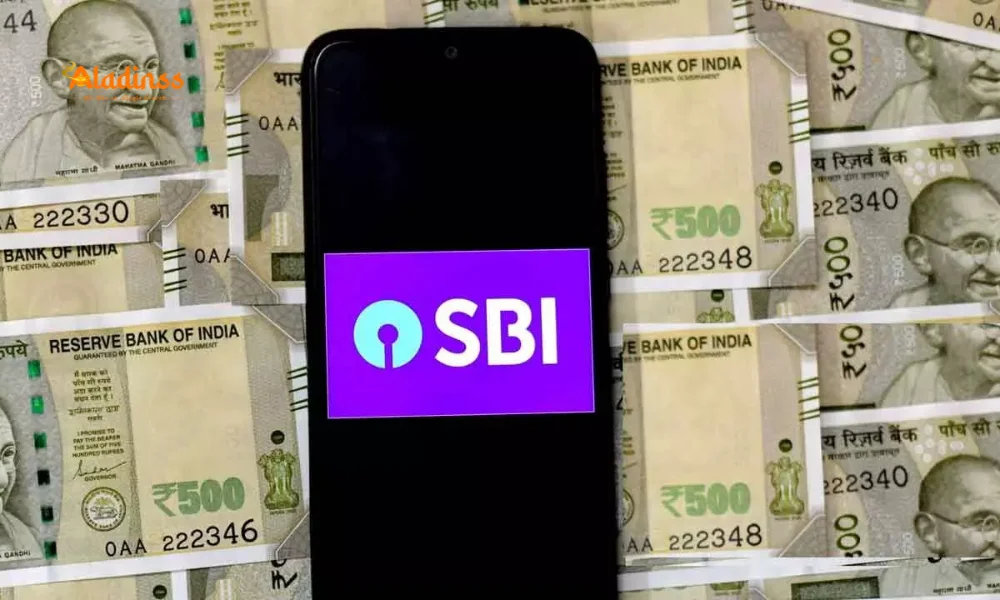Credit Card vs Debit Card Differences Which One Should You Choose

Credit Card vs Debit Card Differences Which One Should You Choose
In a world moving away from cash, credit cards and debit cards offer seamless payment options for everyday spending, online shopping, and large transactions. While both cards look similar and function at point-of-sale terminals, their mechanics, risks, and benefits differ significantly. Understanding the difference between credit cards and debit cards helps you avoid costly mistakes and maximize financial control. This guide breaks down key distinctions to reveal which is the right way to go for your lifestyle.
Cash remains king for small, immediate exchanges, but carrying wads of notes limits flexibility. Debit cards pull funds directly from your account, promoting disciplined spending. Credit cards, however, extend a borrowing line, enabling purchases beyond current balances-provided you manage repayments wisely. Choosing between them impacts budgeting, fraud recovery, rewards potential, and long-term financial health.

Understanding Debit Cards
A debit card links directly to your bank account-usually checking, though some connect to savings or money market accounts. Every swipe deducts money instantly from your balance. This real-time withdrawal mirrors cash spending but without physical notes changing hands.
For in-store purchases, the merchant processes the transaction through your bank's network, reducing your available funds immediately. ATMs allow cash withdrawals, often fee-free within your bank's network. Using out-of-network machines typically incurs charges ranging from $2 to $5 per transaction, depending on agreements.
Opening a checking account usually includes a debit card automatically. No credit checks or income verification required-making it accessible for students, low-income individuals, or those rebuilding finances. The card arrives by mail within days of account activation.
Daily spending limits align with your account balance or bank-imposed caps to prevent fraud. Overdraft protection, if enabled, allows transactions exceeding balances but triggers fees. Disabling this feature declines purchases when funds run low, enforcing stricter budget adherence.
Exploring Credit Cards
Credit cards provide access to a pre-approved borrowing limit from the issuer. Each purchase borrows against this line, creating debt you repay later. Approval involves credit score reviews, income proof, and debt-to-income ratios.
Monthly statements detail charges, minimum payments, and due dates. Paying the full balance avoids interest. Carrying balances accrues rates often exceeding 15-25% APR. Grace periods-typically 21-25 days-allow interest-free borrowing if paid promptly.
Perks vary by card: cashback, travel miles, purchase protection, extended warranties. Premium cards charge annual fees ($95-$550) offset by benefits for high spenders. Secured credit cards require deposits for those with poor credit, helping build scores over time.
Credit limits start low for new users and increase with responsible usage. Exceeding limits incurs fees or declines. Balance transfers, cash advances carry separate rates and charges, often higher than standard purchases.
Source of Funds
Debit cards spend your own money, providing instant visibility into account depletion. This transparency curbs impulse buying and prevents debt accumulation. Bank apps show real-time balances, reinforcing spending awareness.
Credit cards use lender funds, enabling purchases without immediate account impact. This flexibility suits emergencies or large buys but risks overspending if not tracked. Utilization ratios affect credit scores-keeping balances below 30% of limits maintains healthy profiles.
For budget-conscious individuals, debit cards act as digital cash envelopes. Credit cards appeal to those leveraging rewards or needing short-term financing, provided full payments occur monthly.
Associated Costs and Fees
Debit cards generally incur fewer charges. No interest applies since you're not borrowing. Primary costs include overdraft fees ($30-$35 per occurrence) and non-network ATM surcharges. Opting out of overdraft protection avoids these penalties entirely.
Credit cards feature annual fees on premium variants, foreign transaction fees (1-3%), late payment penalties, and high interest on carried balances. Cash advances attract immediate interest without grace periods. Responsible use-paying in full-eliminates most variable costs.
Peer-to-peer payments via credit cards often add 3% fees, while debit transactions remain free. Balancing perks against expenses determines net value for credit card holders.
Acquisition Process
Debit cards require only a bank account. Minimal documentation-ID, address proof-suffices. Instant issuance occurs at branches; mailed cards activate quickly. No rejection risk for standard accounts.
Credit card applications demand detailed financial scrutiny. Hard inquiries temporarily ding scores. Pre-approvals soften impact. Building credit history through timely bill payments or secured cards opens doors to better offers.
Fraud Protection Mechanisms
Both cards offer zero-liability policies under federal laws, capping consumer responsibility at $50 (often waived). Debit fraud drains accounts immediately, causing temporary shortfalls during investigations-potentially weeks for reimbursement.
Credit card fraud charges lender funds, leaving personal accounts untouched. Disputes resolve faster without disrupting cash flow. Monitoring statements and enabling alerts minimizes risks for either card type.
Rewards and Perks Landscape
Traditional debit cards rarely offer rewards. Emerging fintech products challenge this: apps like Cash App provide merchant-specific discounts, early paycheck access, and investment options without credit checks.
Credit cards dominate rewards-1-5% cashback, travel points, sign-up bonuses worth hundreds. High spenders recoup annual fees through benefits. Aligning cards with spending habits maximizes returns.
- Cashback on groceries, gas, dining
- Travel insurance, lounge access
- Purchase protection, price guarantees
- No foreign transaction fees on select cards
Impact on Credit Scores
Debit card usage doesn't affect credit reports. Overdrafts, if unpaid, may lead to collections and score damage indirectly.
Credit cards build or harm scores based on payment history (35% weight), utilization (30%), and account age. Consistent on-time payments elevate profiles, unlocking better rates on loans and mortgages.
Choosing the Right Card for Your Needs
Prioritize debit cards for strict budgeting, avoiding debt, or limited credit history. Ideal for daily expenses, bill payments, and teaching financial responsibility to teens.
Opt for credit cards when seeking rewards, building credit, or needing purchase flexibility. Emergency funds, travel bookings, and large investments benefit from protections and perks-if managed diligently.
Many experts recommend using both: debit for essentials, credit for rewarded categories with immediate payoff. This hybrid approach captures benefits while minimizing risks.
Regularly review statements, set spending alerts, and align card choices with financial goals. The right way to go depends on discipline, income stability, and reward aspirations. Make informed decisions to enhance your financial journey.
Comment / Reply From
No comments yet. Be the first to comment!









